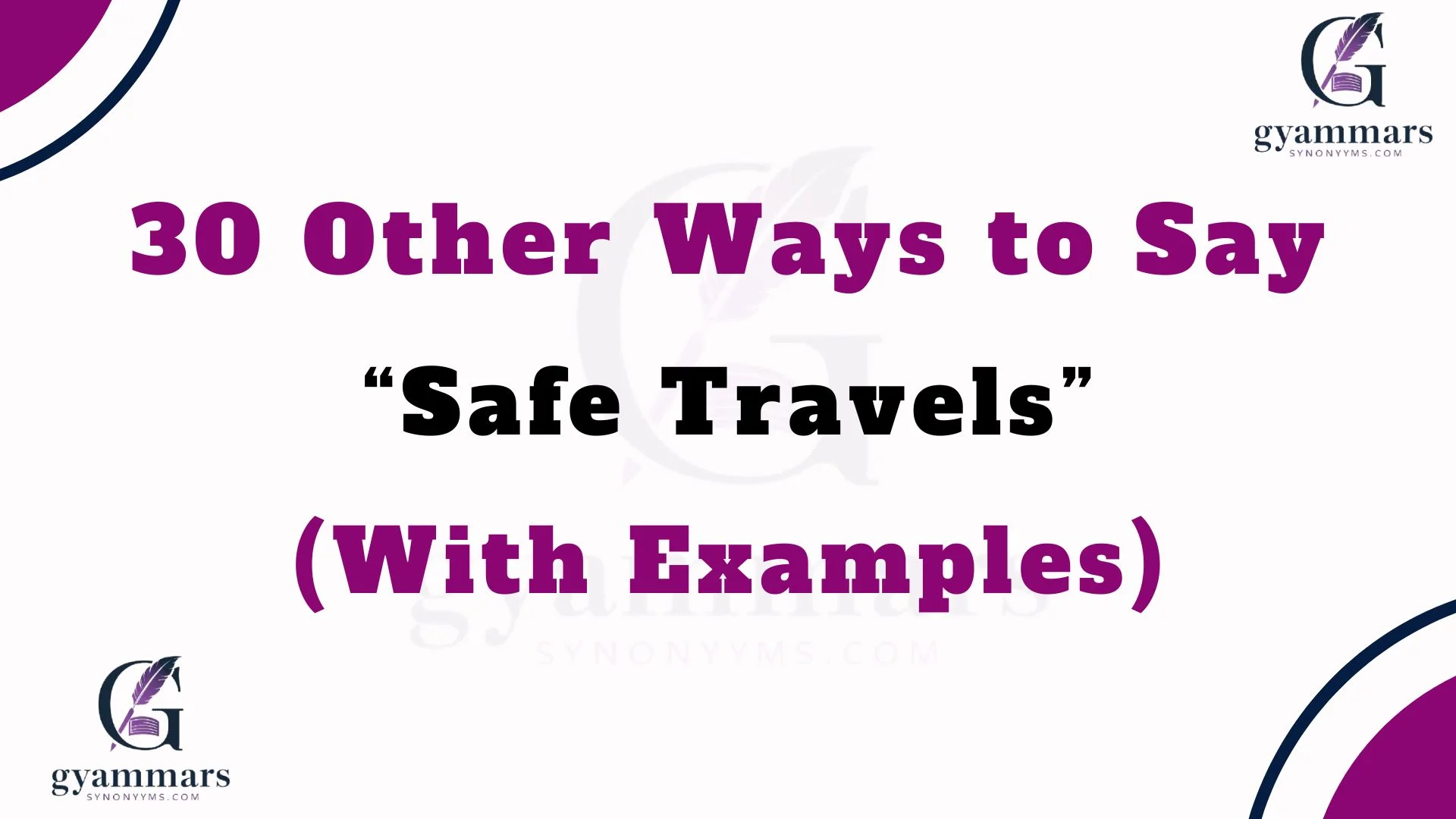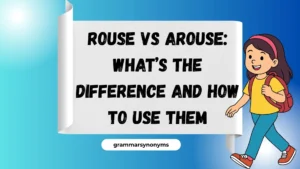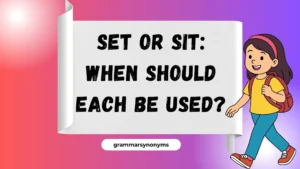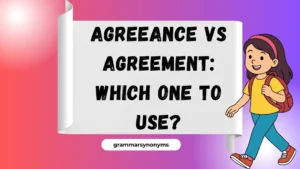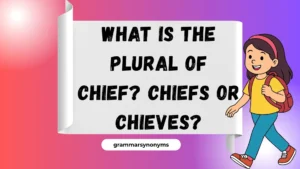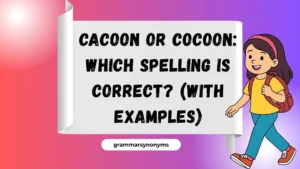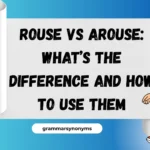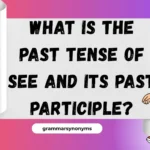When someone you care about is about to leave, finding the right words to wish them well matters. Saying “Safe Travels” is warm and thoughtful, but using different alternatives can make your message feel personal, heartfelt, and memorable. Whether you’re speaking to a friend, family member, colleague, or even a client, these phrases can add extra meaning and sincerity.
Below, we’ll explore 30 creative alternatives to say “Safe Travels”, along with their meanings, tones, scenarios, and examples so you can express your care in just the right way.
What Does “Safe Travels” Mean?
The phrase “Safe Travels” is a warm expression used to wish someone a secure, smooth, and pleasant journey. It shows concern for their safety and well-being while also carrying a touch of kindness and thoughtfulness. It’s short, polite, and widely understood across cultures.
Is It Professional/Polite to Say “Safe Travels”?
Yes, “Safe Travels” is both polite and professional. You can use it in personal conversations, emails, or even in business contexts when a colleague or client is traveling. Its friendly tone makes it versatile. However, in formal writing, some alternatives like “Wishing you a pleasant journey” may sound more polished.
Pros and Cons of Saying “Safe Travels”
Pros
- Universally understood
- Warm and caring tone
- Works in both personal and professional settings
Cons
- Commonly used, so may feel generic
- Lacks emotional variety if repeated often
That’s why it’s helpful to explore other expressions!
Synonyms For “Safe Travels”
- Have a Safe Journey
- Travel Safely
- Bon Voyage
- Have a Pleasant Journey
- Wishing You Smooth Travels
- Have a Wonderful Trip
- Wishing You a Safe Flight
- Hope You Have a Smooth Ride
- Stay Safe on the Road
- May Your Journey Be Safe and Peaceful
- Happy Travels
- Have an Amazing Trip
- Go Well
- Have a Safe Adventure
- May Your Travels Be Filled with Joy
- Take Care on Your Journey
- Travel Light and Safe
- May Fortune Guide Your Path
- Wishing You Clear Skies
- Have a Relaxing Journey
- Godspeed
- Journey Well
- Have a Joyful Journey
- May the Road Be Kind to You
- Go Safely
- May Your Trip Be Stress-Free
- Wishing You Miles of Smiles
- Have a Safe Return
- May Your Path Be Smooth
- Until We Meet Again, Travel Safe
1. Have a Safe Journey
Definition: A straightforward way to wish someone safety during their trip.
Detailed Explanation: This is the closest alternative to “Safe Travels” and carries the same meaning.
Scenario Example: “Have a safe journey, Maria! Text me when you land.”
Best Use: Use with friends, family, or colleagues before they leave.
Tone: Warm, neutral.
Additional Notes: Common, simple, and effective.
2. Travel Safely
Definition: A direct reminder to stay safe while traveling.
Detailed Explanation: This phrase gently emphasizes caution.
Scenario Example: “Please travel safely on the snowy roads tonight.”
Best Use: Ideal when traveling conditions might be risky.
Tone: Caring, attentive.
Additional Notes: Works well in both casual and formal settings.
3. Bon Voyage
Definition: French expression meaning “good trip.”
Detailed Explanation: It’s more formal and often used for longer journeys.
Scenario Example: “Bon Voyage, Alex! Have an amazing time in Paris.”
Best Use: Use in professional or celebratory contexts.
Tone: Elegant, cheerful.
Additional Notes: Adds sophistication to your farewell.
4. Have a Pleasant Journey
Definition: A polite way to wish someone comfort and enjoyment while traveling.
Detailed Explanation: Highlights positivity rather than just safety.
Scenario Example: “Wishing you a pleasant journey, Mr. Khan.”
Best Use: Formal and business-friendly.
Tone: Polite, refined.
Additional Notes: Perfect for written correspondence.
5. Wishing You Smooth Travels
Definition: Expresses a hope for a hassle-free trip.
Detailed Explanation: Focuses on comfort and ease.
Scenario Example: “Wishing you smooth travels tomorrow, no delays!”
Best Use: Great for friends or colleagues traveling for work.
Tone: Friendly, optimistic.
Additional Notes: Slightly modern twist on the classic phrase.
6. Have a Wonderful Trip
Definition: A cheerful wish for an enjoyable journey.
Detailed Explanation: Adds joy and excitement to your farewell.
Scenario Example: “Have a wonderful trip! Bring me some photos.”
Best Use: Perfect for leisure trips and vacations.
Tone: Positive, upbeat.
Additional Notes: Best for informal settings.
7. Wishing You a Safe Flight
Definition: Specifically used for air travel.
Detailed Explanation: A thoughtful farewell before someone boards a plane.
Scenario Example: “Wishing you a safe flight, see you soon!”
Best Use: Air travel situations.
Tone: Warm, specific.
Additional Notes: Shows attentiveness to the traveler’s mode of transport.
8. Hope You Have a Smooth Ride
Definition: A casual way to hope someone’s road trip is easy and safe.
Detailed Explanation: Best for shorter car, bus, or train rides.
Scenario Example: “Hope you have a smooth ride back home tonight.”
Best Use: Ideal for commuters or road trips.
Tone: Relaxed, caring.
Additional Notes: More casual than “safe journey.”
Read More: 30 Other Ways to Say ‘I Miss You’ (With Examples)
9. Stay Safe on the Road
Definition: Emphasizes caution while driving.
Detailed Explanation: Often used for car travel.
Scenario Example: “It’s raining hard, stay safe on the road!”
Best Use: Road trips or late-night drives.
Tone: Protective, caring.
Additional Notes: Shows genuine concern.
10. May Your Journey Be Safe and Peaceful
Definition: Combines safety with emotional well-being.
Detailed Explanation: A deeper, more heartfelt farewell.
Scenario Example: “May your journey be safe and peaceful, my friend.”
Best Use: Spiritual or personal conversations.
Tone: Gentle, thoughtful.
Additional Notes: Great for family or close friends.
11. Happy Travels
Definition: A lighthearted and cheerful way to wish someone well.
Detailed Explanation: Popular for vacation send-offs.
Scenario Example: “Happy travels! Send us postcards.”
Best Use: Leisure trips, vacations.
Tone: Fun, friendly.
Additional Notes: Brightens up the farewell.
12. Have an Amazing Trip
Definition: Expresses excitement about their journey.
Detailed Explanation: Adds enthusiasm and joy.
Scenario Example: “Have an amazing trip, you deserve it!”
Best Use: Personal relationships, holidays.
Tone: Excited, affectionate.
Additional Notes: Shows genuine happiness for the traveler.
13. Go Well
Definition: A simple, often British, farewell for safe travel.
Detailed Explanation: Short but heartfelt.
Scenario Example: “Go well, my friend. See you soon.”
Best Use: Casual, intimate conversations.
Tone: Gentle, warm.
Additional Notes: Rarely used, but unique.
14. Have a Safe Adventure
Definition: Balances fun and safety.
Detailed Explanation: Perfect for someone traveling for exploration.
Scenario Example: “Have a safe adventure in the mountains!”
Best Use: Adventure trips.
Tone: Playful, caring.
Additional Notes: Ideal for friends who love thrill-seeking.
15. May Your Travels Be Filled with Joy
Definition: A hopeful and uplifting farewell.
Detailed Explanation: Emphasizes happiness during the trip.
Scenario Example: “May your travels be filled with joy and peace.”
Best Use: Formal or personal farewells.
Tone: Positive, inspiring.
Additional Notes: Adds emotional depth.
16. Take Care on Your Journey
Definition: Combines safety and personal care.
Detailed Explanation: Encourages someone to be cautious.
Scenario Example: “Take care on your journey, drive safe!”
Best Use: Everyday use with family or friends.
Tone: Warm, protective.
Additional Notes: Practical and common.
17. Travel Light and Safe
Definition: A modern twist that adds comfort and practicality.
Detailed Explanation: Suggests an easy, stress-free trip.
Scenario Example: “Travel light and safe, no need to carry too much.”
Best Use: For casual advice before traveling.
Tone: Friendly, practical.
Additional Notes: Works well for younger travelers.
18. May Fortune Guide Your Path
Definition: A poetic wish for safe and lucky travels.
Detailed Explanation: Spiritual and uplifting.
Scenario Example: “May fortune guide your path, brother.”
Best Use: Close personal or spiritual contexts.
Tone: Inspirational.
Additional Notes: Ideal for heartfelt farewells.
19. Wishing You Clear Skies
Definition: A wish for smooth, pleasant travel.
Detailed Explanation: Works especially for air travel.
Scenario Example: “Wishing you clear skies for your flight today.”
Best Use: Aviation trips.
Tone: Optimistic, warm.
Additional Notes: Slightly poetic.
20. Have a Relaxing Journey
Definition: Highlights peace and comfort over safety.
Detailed Explanation: Great for stress-free trips.
Scenario Example: “Have a relaxing journey, you’ve earned it.”
Best Use: Vacations, leisure trips.
Tone: Calm, thoughtful.
Additional Notes: Encourages rest.
21. Godspeed
Definition: A traditional blessing meaning “may God help you on your way.”
Detailed Explanation: Historic phrase used for safe passage.
Scenario Example: “Godspeed on your travels, soldier.”
Best Use: Formal, spiritual, or solemn farewells.
Tone: Serious, respectful.
Additional Notes: Deep, meaningful.
22. Journey Well
Definition: Short and warm alternative.
Detailed Explanation: Simple yet thoughtful.
Scenario Example: “Journey well, my friend.”
Best Use: Personal conversations.
Tone: Warm, gentle.
Additional Notes: Old-fashioned but unique.
23. Have a Joyful Journey
Definition: Focuses on happiness during travel.
Detailed Explanation: Adds positivity to the farewell.
Scenario Example: “Have a joyful journey, enjoy every moment.”
Best Use: Casual and semi-formal settings.
Tone: Cheerful, uplifting.
Additional Notes: Best for personal relationships.
24. May the Road Be Kind to You
Definition: A poetic way of wishing safe travel.
Detailed Explanation: Suggests smooth and easy paths.
Scenario Example: “May the road be kind to you on your travels.”
Best Use: Special or intimate goodbyes.
Tone: Poetic, heartfelt.
Additional Notes: Adds emotional depth.
25. Go Safely
Definition: Simple, concise reminder to be safe.
Detailed Explanation: Shortened form of “safe travels.”
Scenario Example: “Go safely, I’ll see you soon.”
Best Use: Informal settings.
Tone: Gentle, caring.
Additional Notes: Less common but easy to use.
26. May Your Trip Be Stress-Free
Definition: Focuses on comfort and peace.
Detailed Explanation: Highlights ease during travel.
Scenario Example: “May your trip be stress-free and relaxing.”
Best Use: Vacations, wellness trips.
Tone: Caring, thoughtful.
Additional Notes: Modern and empathetic.
27. Wishing You Miles of Smiles
Definition: A playful, cheerful way to wish a happy trip.
Detailed Explanation: Focuses on joy during travel.
Scenario Example: “Wishing you miles of smiles on your adventure.”
Best Use: Close friends, children, light-hearted context.
Tone: Fun, cheerful.
Additional Notes: Not formal.
28. Have a Safe Return
Definition: Not just safety during travel, but also returning well.
Detailed Explanation: Reminds them to come back safely.
Scenario Example: “Have a safe return, we’ll miss you.”
Best Use: Family and friends.
Tone: Caring, protective.
Additional Notes: Highlights both departure and return.
29. May Your Path Be Smooth
Definition: A poetic blessing for easy travel.
Detailed Explanation: Suggests no obstacles or stress.
Scenario Example: “May your path be smooth and full of peace.”
Best Use: Spiritual or poetic contexts.
Tone: Warm, thoughtful.
Additional Notes: Can be used in writing as well.
30. Until We Meet Again, Travel Safe
Definition: Combines farewell and a safety wish.
Detailed Explanation: Personal and warm goodbye.
Scenario Example: “Until we meet again, travel safe, dear friend.”
Best Use: Emotional goodbyes.
Tone: Heartfelt, caring.
Additional Notes: Perfect for meaningful connections.
Conclusion
Using alternatives to “Safe Travels” allows you to express care, thoughtfulness, and uniqueness. Whether you want something polite, professional, poetic, or playful, these 30 phrases give you plenty of ways to make your farewell warmer and more personal.
FAQs
1. Can I say “Safe Travels” in a business email?
Yes, it’s polite and professional. For extra formality, try “Wishing you a pleasant journey.”
2. What’s the difference between “Safe Travels” and “Bon Voyage”?
“Safe Travels” is casual and warm, while “Bon Voyage” is more formal and celebratory.
3. Is “Safe Travels” grammatically correct?
Yes, though it’s informal. “Have a safe journey” is more grammatically traditional.
4. Which alternatives are best for close friends?
Use cheerful phrases like “Happy Travels” or “Have an amazing trip.”
5. Which phrases are best for spiritual or poetic contexts?
“May the road be kind to you” and “Godspeed” fit perfectly.

“Emma Rose at Grammar Synonyms is your go-to expert for everything related to language and expression. Whether you’re refining your grammar, searching for the perfect synonym, or looking for creative ways to improve your writing, Emma Rose provides the tools and inspiration you need. With a wide range of resources designed to elevate your communication, Grammar Synonyms helps you find just the right words to make every sentence shine.
